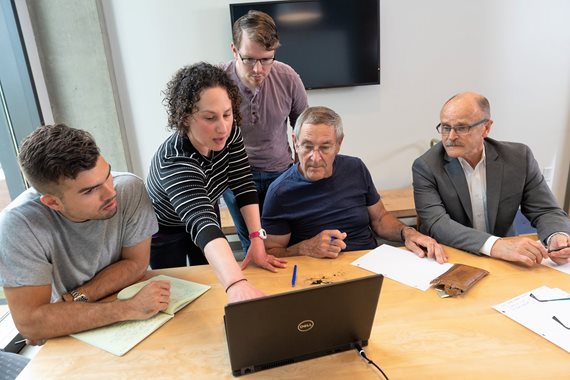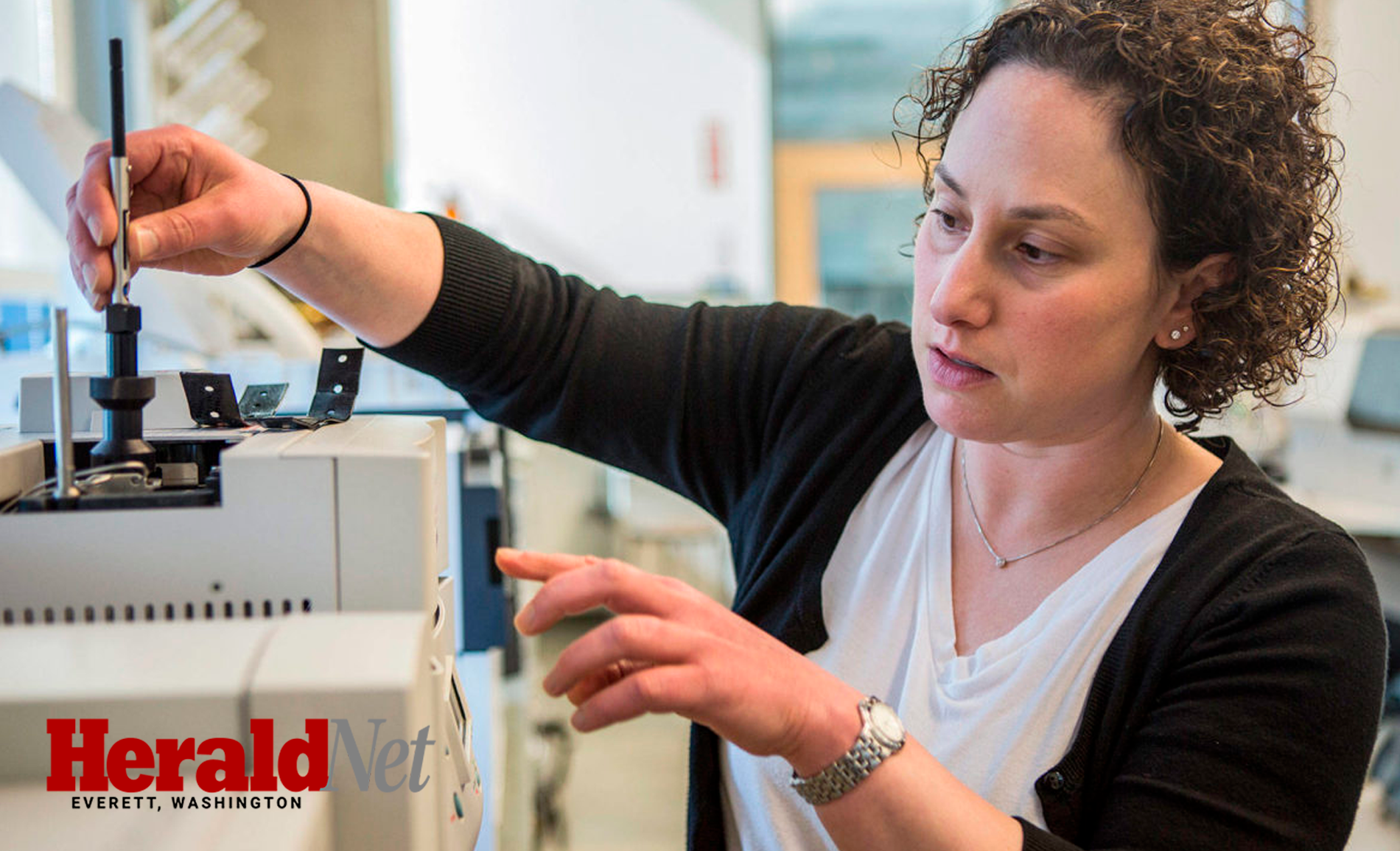
Addressing Sanitation Improvement in Developing Regions of the World
University of Washington | Bothell
August 16, 2018
UW Bothell Working to Reduce Foul Odor of Latrines, Airing Issue in Global Sanitation
The University of Washington Bothell is helping develop a disinfectant to reduce the foul odor of latrines. More than a superficial air freshener, the goal is a product that would increase the use of pit toilets by making them less offensive. This could improve sanitation in developing regions of the world where defecation in the open air spreads disease.
The National Institutes of Health awarded a $100,000 grant to Lori Robins, associate professor of chemistry, for research using hypochlorous acid produced by Briotech, a Woodinville, Washington, chemical company.
For many Americans, talk of latrine odor draws embarrassed laughs about a funny smell in the restroom down the hall or an unpleasant experience at a hiking trail outhouse. For billions of people in the world, it’s not a laughing matter. The World Health Organization (WHO) reported that in 2015, poor sanitation was believed to be the main cause of 280,000 deaths in countries where open defecation is widespread.
Full Article


